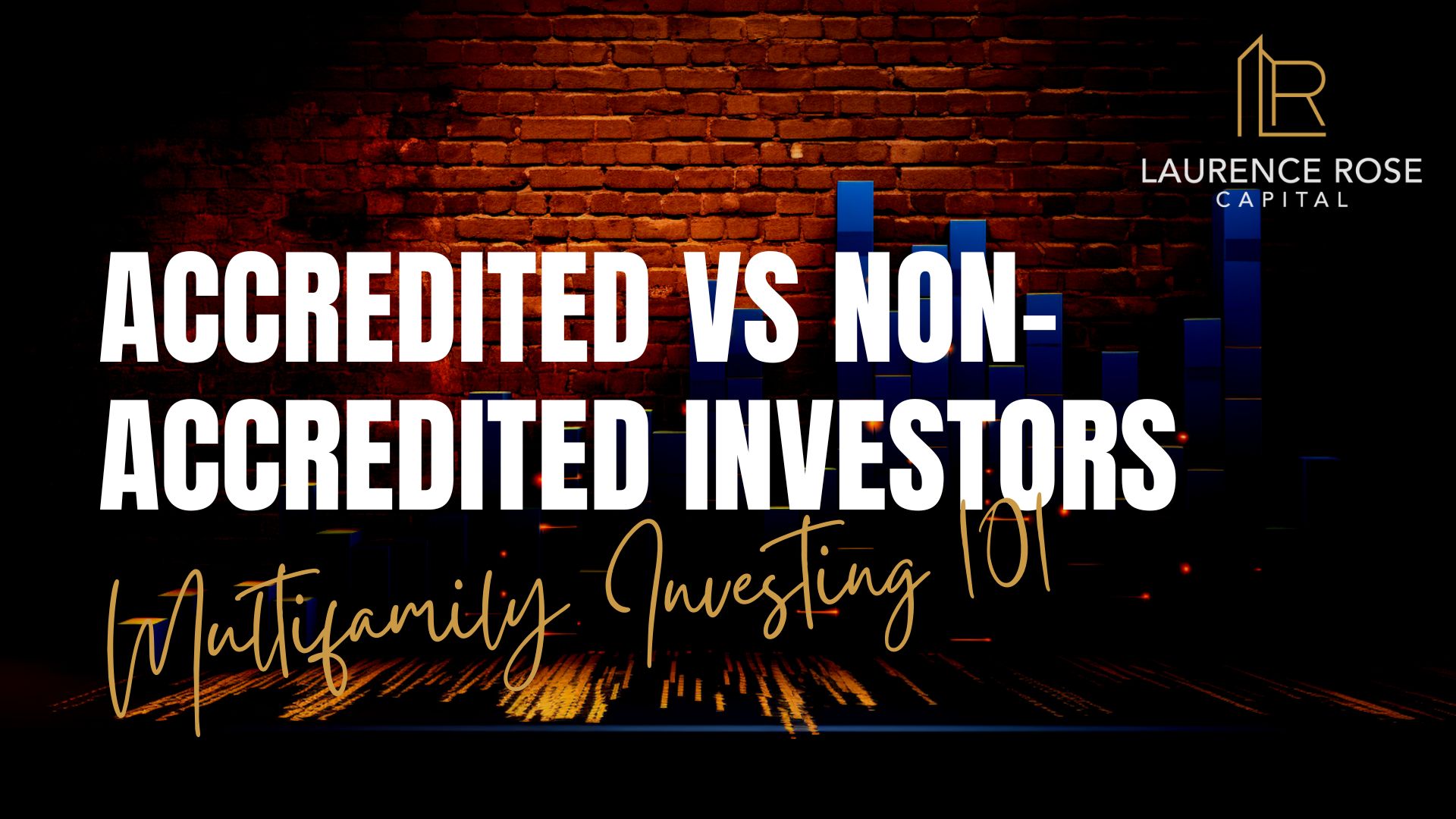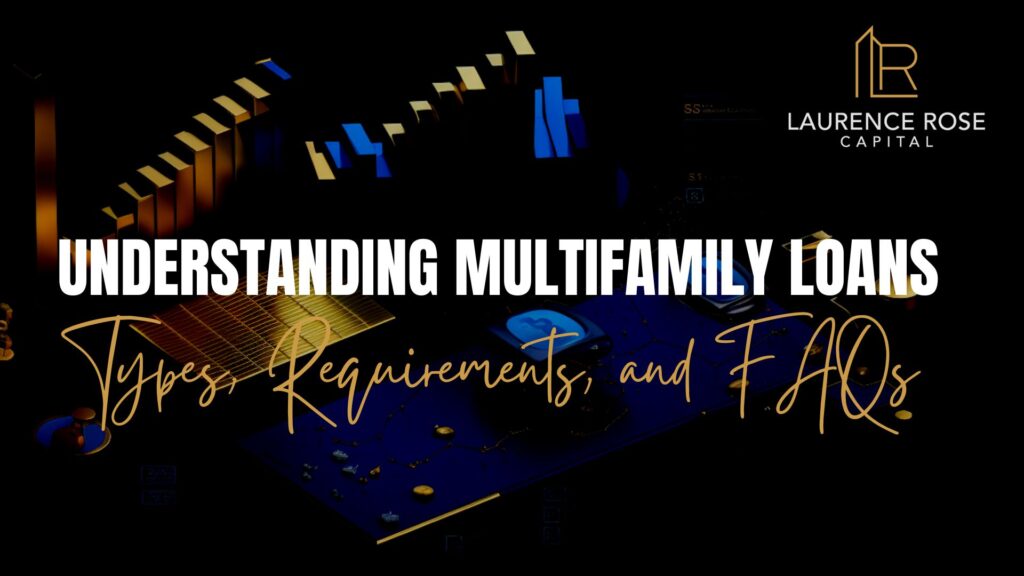Accredited and non-accredited investors are two categories that differentiate individuals based on their financial status and ability to participate in certain types of investment opportunities, including private securities offerings. Here’s an overview of each:
Accredited Investors:
An accredited investor is an individual or entity that meets specific financial criteria set by regulatory bodies like the U.S. Securities and Exchange Commission (SEC) in the United States. Accredited investors are deemed to have a higher level of financial sophistication and are allowed to invest in certain private securities offerings that are not available to the general public.
The criteria to qualify as an accredited investor may include:
- Income Requirements: An individual must have an annual income exceeding a certain threshold, typically over the past two years, or a joint income with their spouse that surpasses the same threshold.
- Net Worth Requirements: An individual’s net worth (excluding the value of their primary residence) must be above a specified amount. This can include assets such as investments, real estate, and other tangible and intangible assets.
- Professional Designation: Certain professionals, such as licensed brokers, investment advisors, and attorneys, may also be considered accredited investors.
Accredited investors have access to private investment opportunities such as hedge funds, venture capital funds, and private equity offerings. These investments often involve higher risks and potentially higher returns compared to traditional public market investments.
Non-Accredited Investors:
A non-accredited investor is an individual or entity that does not meet the financial criteria to be considered accredited. Non-accredited investors are the general public and may have limited access to certain types of investment opportunities, particularly those involving private securities offerings.
Non-accredited investors can still participate in traditional investments like publicly traded stocks, mutual funds, bonds, and real estate investment trusts (REITs). These investments are regulated and subject to the same disclosure and reporting requirements applicable to all investors.
However, non-accredited investors are often restricted from investing in certain private securities offerings due to the higher risks associated with such investments. These restrictions are in place to protect individual investors who may not have the same level of financial knowledge and resources as accredited investors.
Key differences between accredited and non-accredited investors:
| Aspect | Accredited Investors | Non-Accredited Investors |
|---|---|---|
| Financial Criteria | Meet specific income or net worth requirements | Do not meet the income or net worth thresholds |
| Access to Private Securities Offerings | Allowed to invest in certain private securities offerings not available to the general public | Restricted from investing in certain private securities offerings due to higher risks |
| Investment Opportunities | Have access to high-risk, potentially high-return investments such as hedge funds, venture capital funds, and private equity | Limited to traditional investments like publicly traded stocks, mutual funds, bonds, and REITs |
| Regulatory Protections | Regarded as having a higher level of financial sophistication | May have limited financial knowledge and resources, warranting additional regulatory protections |
| Investment Risks | May participate in riskier investments with potentially higher returns | Typically limited to lower-risk, regulated investments |
| Investment Accessibility | Have broader access to a wider range of investment opportunities | May face restrictions on certain investment opportunities to protect against higher risks |
| Financial Sophistication | Assumed to possess a higher level of financial knowledge and experience | May not be as experienced or knowledgeable in financial matters |
| Investment Regulation | Subject to fewer regulatory restrictions due to assumed financial expertise | Subject to additional regulatory oversight and protections |
| Investment Requirements | May have higher minimum investment requirements | May have lower minimum investment requirements for certain public market investments |
| Crowdfunding and Regulation A+ | Eligible to participate in certain private offerings through crowdfunding platforms or Regulation A+ offerings | May have access to certain private offerings through regulatory changes that broaden investment access |
| Role in Private Securities Market | Often sought after by private companies and funds seeking capital | Less frequently targeted by private companies and funds due to regulatory restrictions |
It’s important to note that the distinction between accredited and non-accredited investors is based on financial criteria set by regulatory bodies and is aimed at balancing investment opportunities and risk mitigation. Accredited investors generally have more flexibility in their investment choices, while non-accredited investors are provided with additional regulatory protections to safeguard their interests.
In recent years, some regulatory changes have sought to broaden investment access for non-accredited investors by allowing them to participate in certain private offerings through crowdfunding platforms or Regulation A+ offerings. These changes aim to provide more opportunities for non-accredited investors while still maintaining investor protections.
Overall, the distinction between accredited and non-accredited investors plays a significant role in determining the types of investment opportunities available to each category and reflects their differing levels of financial sophistication and risk tolerance.






![How Does Creative Financing Work In Multifamily Real Estate [Explained]](https://laurencerosecapital.com/wp-content/uploads/2023/10/JG-BMP-Ira-LRC-JB-Blog-Covers-750-×-422px-1920-×-1005px-1024x576.jpg)
